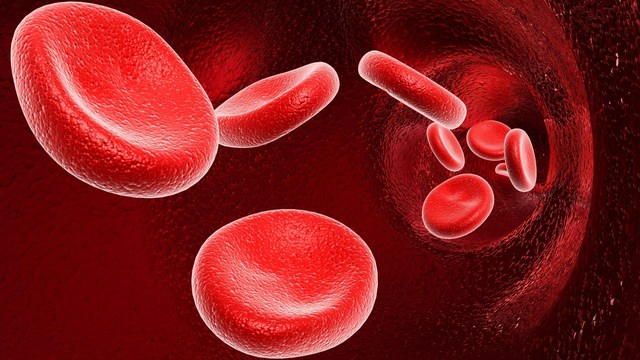Preliminary studies show a vaccine made with leukemia cells may be able to prevent a relapse in some chronic myeloid leukemia (CML) patients taking the drug Gleevec.
“Should this vaccine approach prove to be successful, the ability to get patients off lifelong Gleevec therapy would be a significant advance,”says Hyam Levitsky, M.D., professor of oncology, medicine and urology at the Johns Hopkins Kimmel Cancer Center in Baltimore, MD.
Gleevec is one of the first targeted cancer therapies with wide success in CML patients. It destroys most leukemic cells in the body, but some residual cancerous cells are left behind and have been a source of relapse in some patients, especially if Gleevec therapy is stopped.
The study vaccine is made from cancer cells exposed to radiation to stop them from being cancerous and then genetically altered to produce an immune system stimulator called GM-CSF, the researchers said. It was given to 19 CML patients with measurable cancer cells, who were also taking Gleevec therapy for at least one year. After 72 months, the number of remaining cancer cells declined in 13 patients, and vanished in seven patients. The study drug produced relatively few side effects.
There is a caveat. Researchers can’t be sure the results were actually caused by the study vaccine because of the few number of patients participating and there was no alternative treatment used for comparison.
“We want to get rid of every last cancer cell in the body, and using cancer vaccines may be a good way to mop up residual disease,” Dr. Levitsky said.
The challenge is most CML patients face lifelong Gleevec therapy. More than 90 percent achieve remission, but 10 to 15 percent can’t tolerate the drug long term, and secondary drugs produce significant side effects which affect quality of life, the researchers said.
Additionally, Gleevec cannot be taken during pregnancy. Since one-third of CML patients are in their 20s and 30s, many patients hoping to start families would like to stop taking it.
The study, funded by the National Institutes of Health, was published in the January 1, 2010 issue of Clinical Cancer Research.
Lynette Summerill, is an award-winning journalist who lives in Scottsdale, Arizona. In addition to writing about cancer-related issues, she writes a blog, Nonsmoking Nation, which follows global tobacco news and events.






Add a Comment4 Comments
its really imformative
December 20, 2012 - 9:05amThis Comment
i have recently diagnose i mean a month ago,,i was very sensitive at that time and raise too much question about my life....but when i met a fellow pateint and he told me that i am using glivec for last ten years and lead my normal life so don,t worry . take it and be happy and live long life.. so that was really a good news for me that he is using it and live a normal life ..my fellow patient added that 3 years ago i was maried and now i have baby...
December 20, 2012 - 8:50amThis Comment
Thank you for your comment Pat. No doubt Gleevec has been a miracle for many people. It is exciting to see that for the 10-15 percent of people who do not tolerate the drug well, those who want to start or extend their families and others who experience a relapse that the research is moving forward. This new vaccine potentially could be as groundbreaking as Gleevec itself. It's very exciting.
January 27, 2010 - 2:13pmThis Comment
Lynette - As someone who has CML I've followed this, and other studies, closely. Earlier vaccine trials were not successful, and I'm glad that the research continues. The ground-breaking work that made Gleevec therapy possible for CML patients has created a treatment that is now used for ten forms of cancer, and studies are underway for other potential applications, including use for lung cancer. Pat
January 26, 2010 - 6:08pmThis Comment